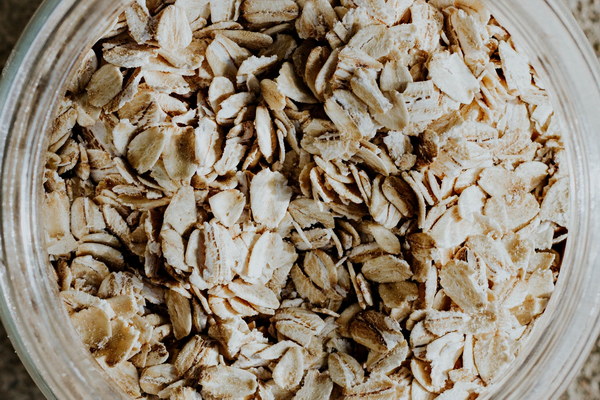Unlocking Liver Health The Power of Reduced Glutathione in Hepatic Care
In the pursuit of optimal health, the liver often takes a backseat in discussions about overall wellness. However, this vital organ plays a critical role in detoxification, metabolism, and the production of essential proteins. One of the most effective ways to support liver health is through the use of reduced glutathione, a potent antioxidant that helps protect the liver from oxidative stress and inflammation. This article delves into the science behind reduced glutathione and its remarkable benefits for liver care.
Glutathione, a tripeptide composed of cysteine, glycine, and glutamic acid, is naturally produced in the human body. It is often referred to as the master antioxidant due to its ability to neutralize free radicals and reactive oxygen species (ROS), which can cause cellular damage. Reduced glutathione, specifically, is the active form of glutathione that is readily available for use by the body's cells.
The liver, being the primary site of detoxification, is constantly exposed to harmful substances such as alcohol, drugs, and environmental toxins. These substances can deplete the liver's glutathione reserves, leading to oxidative stress and inflammation. By supplementing with reduced glutathione, individuals can help restore and maintain the liver's natural defense mechanisms against these harmful agents.
One of the key benefits of reduced glutathione is its ability to improve liver function. Studies have shown that increased levels of glutathione in the liver can enhance the organ's ability to metabolize toxins and promote the excretion of waste products. This not only helps in the elimination of harmful substances from the body but also supports the liver's capacity to regenerate and repair damaged tissue.
Another significant advantage of reduced glutathione is its anti-inflammatory properties. Chronic inflammation is a major contributor to liver diseases such as non-alcoholic fatty liver disease (NAFLD), cirrhosis, and hepatitis. By reducing inflammation, reduced glutathione can help mitigate the progression of these conditions and improve overall liver health.
Moreover, reduced glutathione has been found to protect the liver from the damaging effects of oxidative stress. Oxidative stress occurs when there is an imbalance between the production of free radicals and the body's ability to neutralize them. This imbalance can lead to cellular damage, including the death of liver cells. By providing an abundant supply of antioxidants, reduced glutathione helps maintain a healthy balance of free radicals and ROS, thereby safeguarding liver cells from oxidative damage.

In addition to its direct benefits for the liver, reduced glutathione has been shown to have a positive impact on other aspects of health. For instance, it has been found to support the immune system by enhancing the activity of natural killer cells and promoting the production of cytokines, which are essential for immune function. Furthermore, reduced glutathione has been linked to improved cardiovascular health, cognitive function, and skin health.
While the body produces reduced glutathione naturally, factors such as age, stress, and poor diet can diminish its levels. Therefore, supplementing with reduced glutathione may be beneficial for individuals who are at risk of liver disease or those who wish to support their overall health. When choosing a reduced glutathione supplement, it is important to opt for a high-quality product that contains the active form of glutathione, such as liposomal glutathione or reduced glutathione powder.
In conclusion, reduced glutathione is a powerful antioxidant that offers numerous benefits for liver health. By protecting the liver from oxidative stress and inflammation, and by supporting the organ's natural detoxification processes, reduced glutathione can help maintain a healthy liver and promote overall wellness. Incorporating this remarkable compound into your daily routine may be a wise choice for those looking to safeguard their liver and support their overall health.









